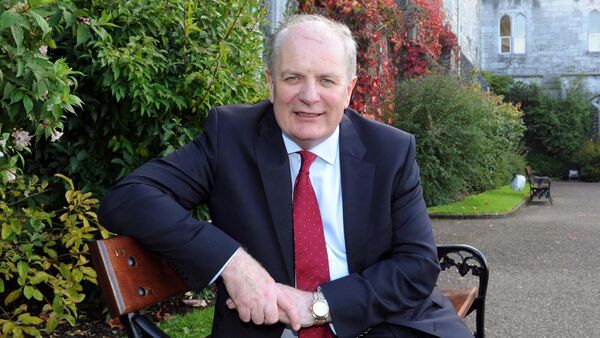The pandemic has affected women’s employment prospects more acutely than men, leading to a “she-cession”, a new study has found.
Last year, women were 1.4 times more likely to say they were looking for a job than men, if people of a similar age and background were compared, researchers from NUI Galway and UCC say.
Raw data collected on men and women from 32,500 households from 2002 to the end of 2020, was analysed by the researchers to compare males and females of similar employment status, level of education, occupation and age to see how Covid-19 affected the jobs market.
Their results showed that over this 18-year period, women, on average, were more likely than men to be looking for work. This rose during the pandemic so that last year women were almost 1½ times times more likely to be looking for employment than men.
They also found the chances of women being unemployed but not looking for work last year, fell by almost a half from the average figure for 2002-2020, as a result of increasing job losses.
Gender equality
“Unlike previous crises which primarily resulted in global financial shocks, this pandemic is affecting women’s employment more acutely than men’s,” Dr Maeve O’Sullivan of UCC told an online British Sociological Association event on work on Tuesday.
“This has resulted in a ‘she-cession’ that emphasises the worrying and retrograde impact that this crisis is having on gender equality in an Irish context.”
She said the pandemic “impacted Irish society and its economy at a time when the country had finally recovered from the great recession, with female employment at higher levels than pre-recessionary times”.
“But the economic sectors most severely impacted by Covid-19 lockdown measures employed high proportions of the female labour force. During the Covid-19 crisis, women comprise over 70 percent of essential workers and are employed in sectors initially impacted by the national lockdown.
“In the longer-term, there is significant concern among academics, employers and policy makers as to whether women will return to paid employment post-pandemic, given that some jobs no longer exist.”
Dr O’Sullivan said the findings from the study “offer preliminary and worrying indications that the coronavirus pandemic could push more women to the sidelines”.
The researchers also found that during 2020, unemployed women aged 55 to 64 were much more likely to have stopped looking for work, compared with younger working women. This contrasted with the financial crisis of 2008, when they had increased employment largely through part-time work.









